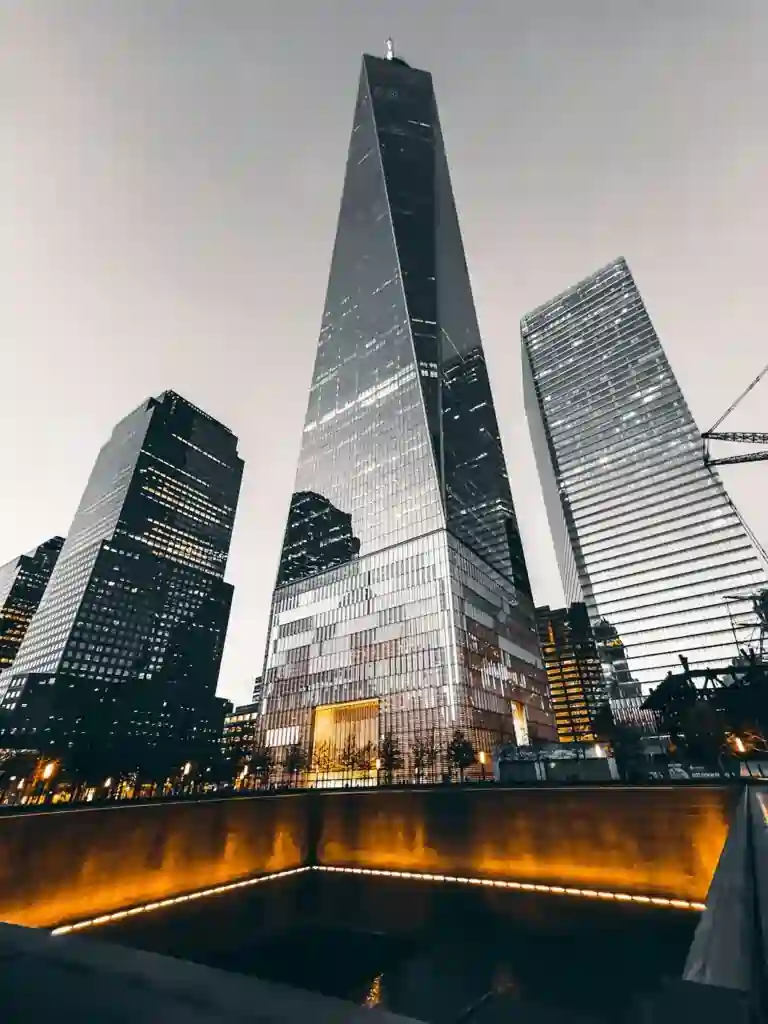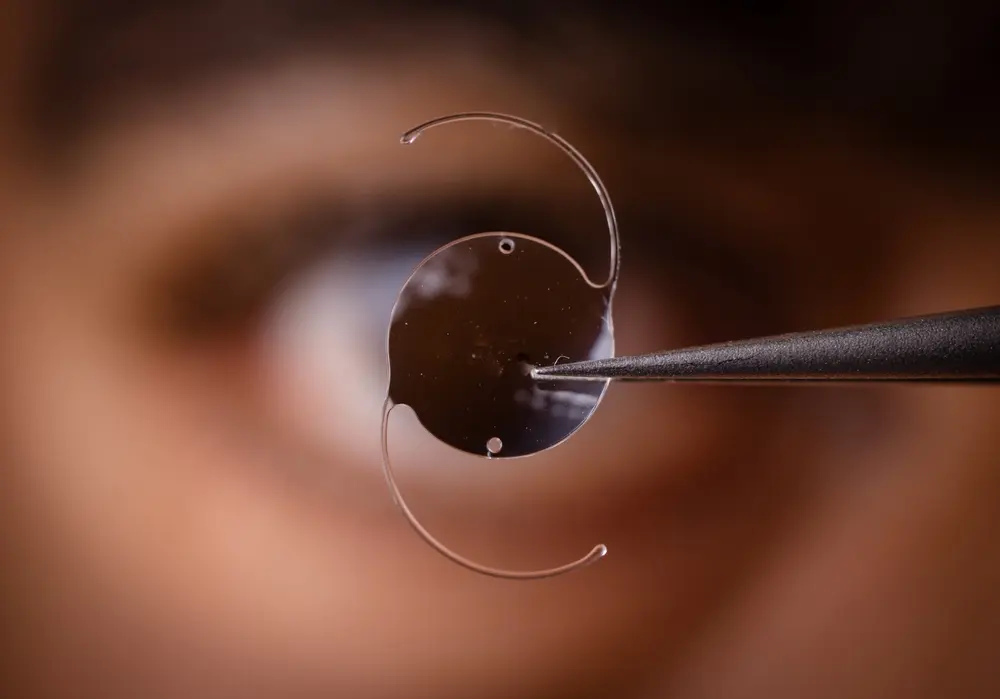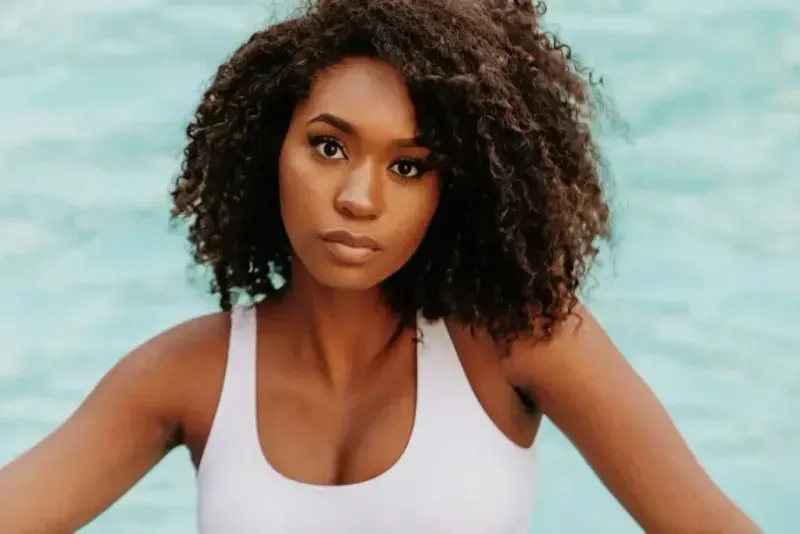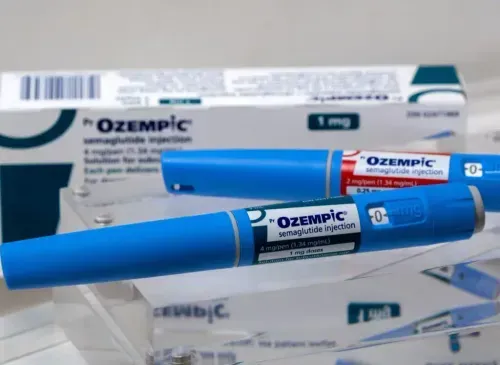Nationally Recognized Defective Baby Product Injury Lawyers
 As parents and guardians, we work hard to provide safe, healthy, happy lives for our babies. Tragically, defenseless babies too often fall victim to negligent or reckless behavior by others. A baby injury or death is a tragedy. The birth process itself is dangerous. When preventable injuries harm healthy babies, we demand and fight for justice.
As parents and guardians, we work hard to provide safe, healthy, happy lives for our babies. Tragically, defenseless babies too often fall victim to negligent or reckless behavior by others. A baby injury or death is a tragedy. The birth process itself is dangerous. When preventable injuries harm healthy babies, we demand and fight for justice.
Babies use many types of products. Unlike adults, babies are not aware of risks. They are particularly vulnerable to injury by-products including toys, cribs, strollers, and food. If products sold for use by babies are unduly dangerous – because of their design, a manufacturing flaw, unsafe handling or inadequate warning of risks –product liability cases can be made.
Unfortunately, not everyone operates with the same level of caution. If a baby is injured by reckless or negligent behavior, claims may be brought against manufacturers, suppliers, distributors and retailers. These claims can result in compensation for serious injuries, illness or deaths.
Dangerous Baby Products
The law requires manufacturers to place only safe products in the market. Tragically, many products have come on the market, become popular with parents -and then caused injury or death. Often, companies respond to a defective product with a recall –after babies have been injured or killed. Many widely used categories of baby products have histories of recalls:
- Baby Slings and Sling Carriers: Baby slings – typically one-shouldered baby carriers, made of soft fabric – became and remain popular because they allow parents to carry a baby close, with hands free. According to the Mayo Clinic, they can be safe, if guidelines are carefully followed. In 2010, the U.S. Consumer Product Safety Commission (CPSC) warned that babies could suffocate in slings. At least fourteen suffocation deaths and dozens of injuries were recorded during the period 1994 to 2014.
- Baby Seats: Parents want their babies to sit up. Bumbo baby seats became popular for their unique shape, with snug, carved-out seat, armrest and backrest. Millions were sold from 2003 to 2012 without a safety harness, until the CPSC recorded numerous skull fractures and required two recalls.
- Car Seats: According to the National Highway Traffic Safety Administration (NHTSA), car crashes are a leading cause of death for babies and young children. According to the U.S. Center for Disease Control (CDC), car seats now reduce the risk for injury to children in crashes by 71–82%. This is a substantial improvement over earlier car seats, but incorrect installation still results in deaths.
- Baby Food or Formula: Babies have to eat. Unfortunately, in September 2021, the U.S. House of Representatives’ Subcommittee on Economic and Consumer Policy reported that numerous baby food products contain toxic heavy metals such as lead, mercury and arsenic, at levels hundreds of times safe levels set by the Food and Drug Administration (FDA). According to the report, companies not only underreport the high levels of toxic material; they also keep marketing products they know are toxic.
- Bassinets and Inclined Sleepers: Every parent wants the babies to sleep better, so bassinets are extremely popular. In January 2023, the CPSC re-announced a recall of 4.7 million Rock ‘n Play Sleepers, after 100 deaths reportedly occurred while infants were in the product. Other products have remained on the market.
- Furniture tip-overs: Every home has furniture. A CPSC study found over 360 children’s deaths caused between 2000 and 2013 involving furniture that fell on a victim.
- Cradle Swings: Babies love swings. Unfortunately, 4moms had to recall more than 2 million of its MamaRoo and RockaRoo infant swings and rockers because of entanglement and strangulation risks, according to the CPSC.
- Drop-Side Cribs: Drop-side cribs were designed to give parents easier access to their babies. Tragically, this special feature can cause strangulation or suffocation, and has contributed to numerous baby injuries and deaths. The CPSC recalled millions of drop-side cribs before banning them entirely in 2011.
- Strollers: A 2016 study found that an average of 17,000 children are injured by strollers and baby carriers every year. On February 9, 2023, the CPSC and stroller maker Baby Trend warned that two of its stroller models have “entrapment hazards,” after a 14-month-old baby’s neck was caught in a canopy, leading to asphyxiation. In November 2022, the CPSC announced that more than 100,000 Mockingbird Single-to-Double strollers were recalled after frames cracked. In November 2009, one million Maclaren USA strollers were recalled after a hinge on the products amputated fingers of 12 children.
Babies are at risk of harm if they get their hands on a defective product or toy. Defective baby products commonly cause multiple types of injuries:
Defective Products and Product Liability Cases
Product liability is a legal doctrine allowing plaintiffs to make a claim if they encounter a defective product. A defective product is a product which causes an injury. A product liability suit may be filed for injuries caused by reasons including:
- Design Defect – the design itself makes a product dangerous.
- Manufacturing Defect – a produced product does not match the intended design. For example, a necessary screw could be left out during assembly or a food product could be contaminated on the production line.
- Failure to Warn – a manufacturer does not warn consumers about any hidden risk or danger that may be present in their product.
In a product liability case, any company or individual responsible for putting the product in the market and getting it to the consumer could be legally responsible. Products liability claims most often emphasize the manufacturer of the product, but the “stream of commerce” can also include suppliers, distributors and retailers.
Product recalls are common and not, in themselves, admissions by a company. Recall campaigns can, however, benefit product liability plaintiffs, by providing details: how the company learned of the defect; how the error happened and who was responsible; who might have additional information. These details help build strong product liability cases.
What to Do if Your Baby Has Been Injured by a Defective Product
If your baby has been injured:
- Make sure that your baby has received all necessary medical treatment. Do not delay.
- Do not dispose of the product. Save any information you have, including receipts, packaging, labels.
- Document your baby’s injuries. Take photographs of any bruising or cuts. Document medical symptoms with medical records.
- As soon as your baby’s situation is stable, consult an attorney who is expert in protecting your legal rights to help you file a claim.
Contact Parker Waichman LLP for a Free Case Review
Parker Waichman LLP is a nationally recognized baby injury firm. For decades, we have worked hard to find justice for babies who are hurt. Our experienced defective product attorneys help injured families win the justice they deserve and the compensation they need. If your baby was hurt in a preventable accident caused by negligence or a defective toy or other product, call us today for a free consultation at 800-968-7529.












 As parents and guardians, we work hard to provide safe, healthy, happy lives for our babies. Tragically, defenseless babies too often fall victim to negligent or reckless behavior by others. A baby injury or death is a tragedy. The birth process itself is dangerous. When preventable injuries harm healthy babies, we demand and fight for justice.
As parents and guardians, we work hard to provide safe, healthy, happy lives for our babies. Tragically, defenseless babies too often fall victim to negligent or reckless behavior by others. A baby injury or death is a tragedy. The birth process itself is dangerous. When preventable injuries harm healthy babies, we demand and fight for justice.































